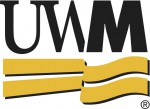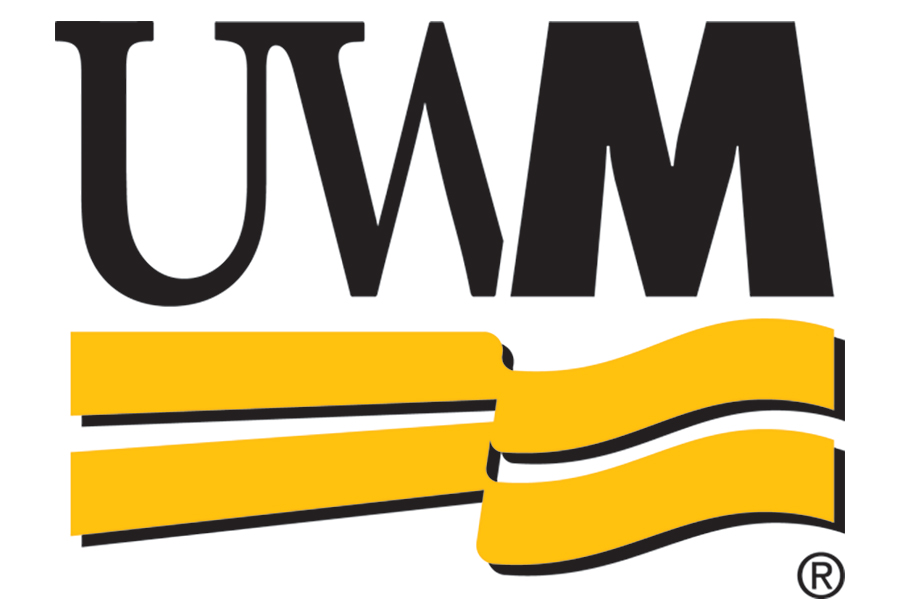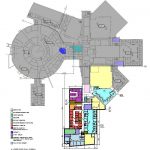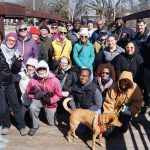UWM Research Foundation announces new Catalyst grants
The grants awarded this round total $191,000.
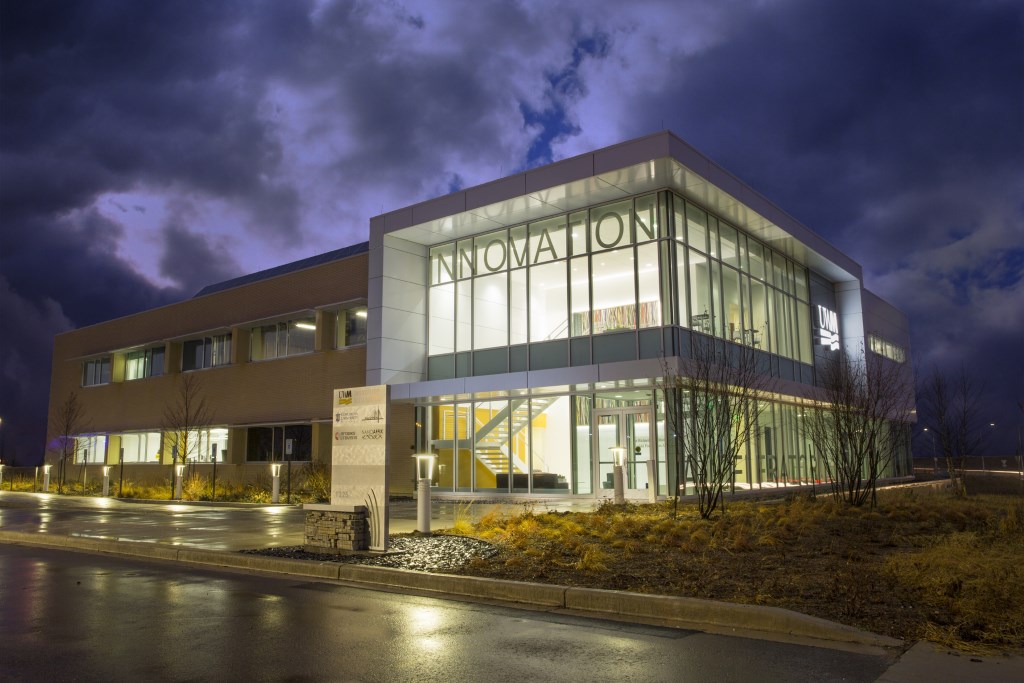
The 25,000-square-foot Innovation Accelerator building brings researchers together with industry partners and startups to encourage academic research with commercial potential. Photo courtesy of UWM.
MILWAUKEE _ Five new research projects at the University of Wisconsin-Milwaukee have received grant seed-funding from the UWM Research Foundation for projects that range from new materials for removal of arsenic from groundwater to a strategy for improving batteries for electric cars.
The Catalyst Grant Program invests in promising early-stage research at UWM in areas where the university has the greatest potential to affect the regional economy through commercializing new technology. Now in its 10th year, the program has awarded more than $4.5 million for 85 projects.
The grants are supported by the Lynde and Harry xBradley Foundation and the Richard and Ethel Herzfeld Foundation. The grants awarded this round total $191,000, and the projects include:
- Neuropathic pain drug discovery. Alexander “Leggy” Arnold, James Cook and Doug Stafford of UWM’s Milwaukee Institute for Drug Discovery will explore the link between neuro-inflammation and many central nervous system disorders, including neuropathic pain.
- Ceramic filters for arsenic removal in water. Shangping Xu, associate professor of geosciences, is collaborating with Kohler Co. to develop and test the efficacy of the company’s ceramic filters for removal of arsenic, a carcinogen, from groundwater.
- Producing low-cost magnesium foam implants. Researcher Benjamin Schultz is developing a material that may offer a low-cost method for producing custom biomedical parts, such as orthopedic implants. The work could significantly improve the success of orthopedic surgery.
- Improved electric vehicle batteries using silicon hybrid anode. Junjie Niu, assistant professor of materials engineering, is creating a low-cost anode for lithium-ion batteries that improves the batteries’ performance and allows electric cars to travel longer distances before having to recharge.
- Novel anchoring system for concrete panels. Jian Zhao, associate professor of civil engineering, seeks to improve the safety of epoxy concrete anchoring systems, which require drilling, by redesigning them to minimize concrete failure.
About UWM
NOTE: This press release was submitted to Urban Milwaukee and was not written by an Urban Milwaukee writer. It has not been verified for its accuracy or completeness.

